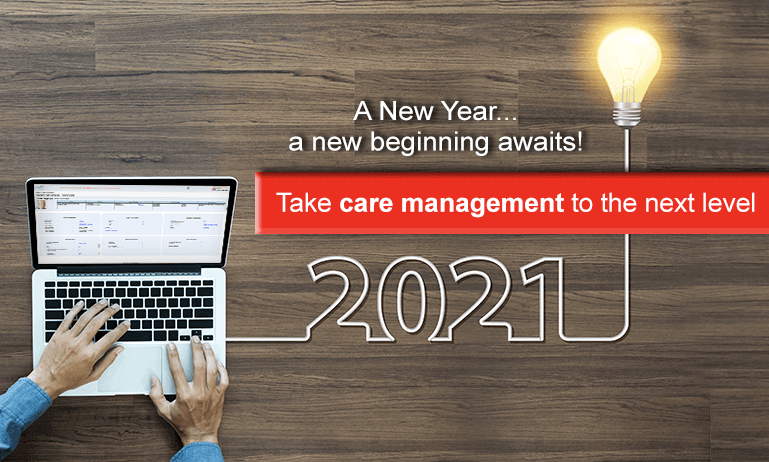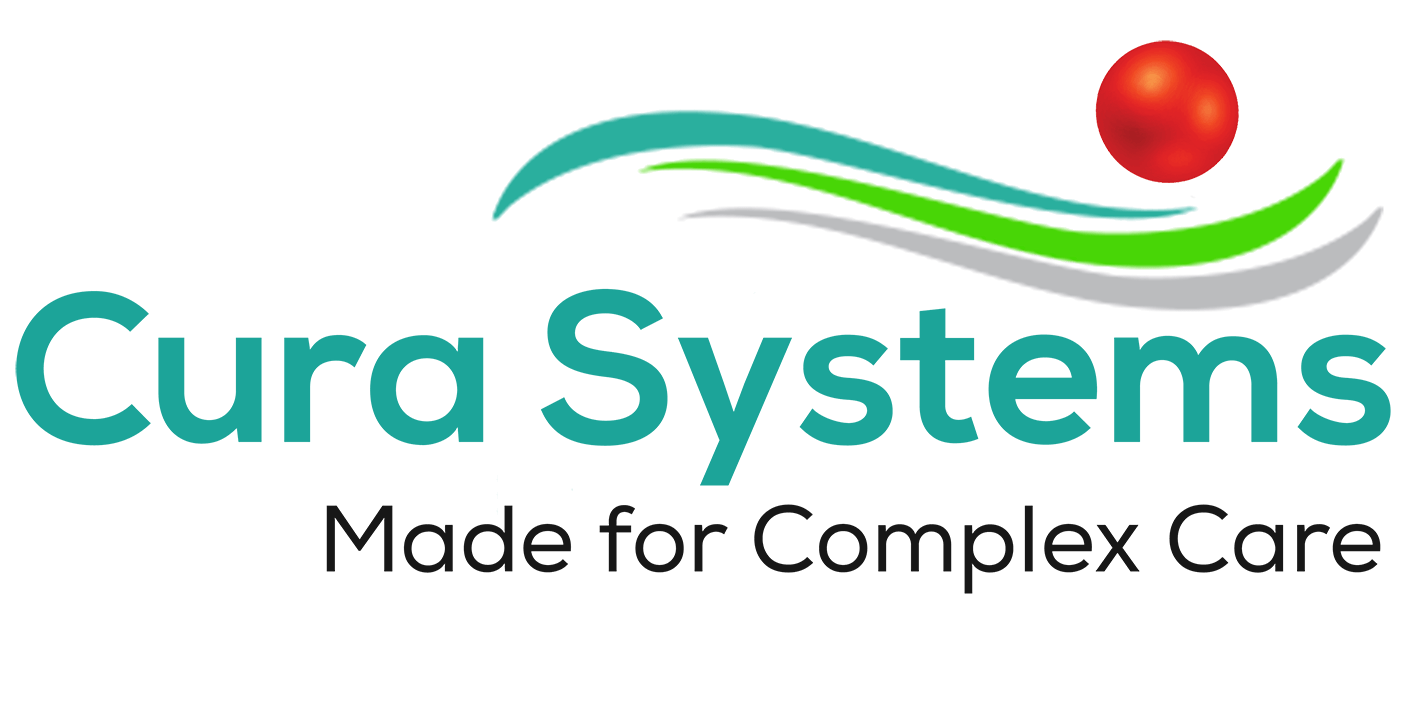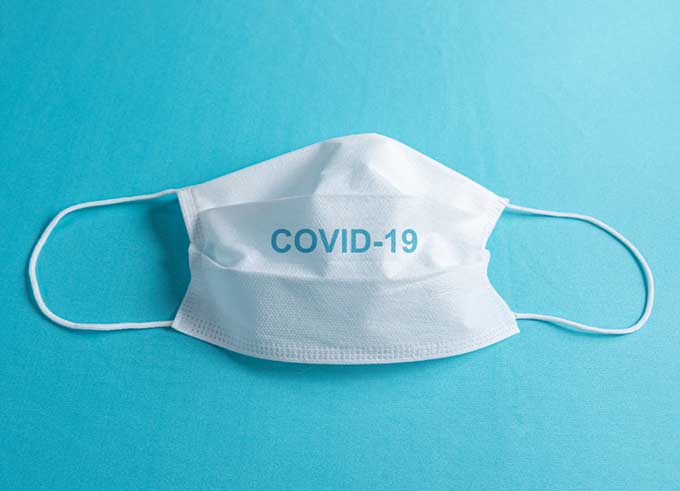 A respected Manager in the health and social care sector with more than 18 years’ frontline experience. A further 6 years training new and existing staff and managers, calling on his wide experience, Dave Thompson is now Cura Systems’ Implementation and Change Consultant in the UK.
A respected Manager in the health and social care sector with more than 18 years’ frontline experience. A further 6 years training new and existing staff and managers, calling on his wide experience, Dave Thompson is now Cura Systems’ Implementation and Change Consultant in the UK.
The Future of care – where are we heading?
Covid-19 has left a profound impact on care and will continue to change the future of care. The virus has put pressure on all aspects of the health system but nowhere more so than the care home sector. New challenges have emerged that could not have been foreseen. A “new normal” has to emerge to enable us to address the challenges care providers are now faced with and be prepared for re-emergences of Covid or Covid like infections. Therefore, we must pay attention to what makes delivery of caregiving easier and yet deliver a better quality of care.
Clinical aspects aside, I believe care providers will need greater reliance on technology with the use of smarter digital care systems such as mobile care monitoring apps to connect to a wider care ecosystem. Having had hands-on experience in both paper-based and digital approaches, technology is the only way to transform care delivery.
How technology impacts the social and complex care sector?
Technology is the most reliable driving force to improve outcomes! I have worked as a Registered Manager managing mental health services, learning difficulty services and residential care services and I have seen how any inaccuracies in paper-based care plans or medication recording can have the potential to create an adverse effect on the service user.
Clearly, specialised digital care management systems like Cura can make a significant difference, for example, monitoring service users’ conditions accurately and in real-time by using customisable assessments and person-centred care plans specifically designed for residential and nursing, or those providing specialised care to service users living with dementia, long-term chronic illnesses and those with autism and/or learning difficulties. It also provides the Manager access to all records in one place, allowing them to oversee all service user records in one secure, user-friendly environment….all this so vital when staff are quarantined and new HCAs are brought in to fill staffing gaps.
What makes a good care manager?
It is always a challenging task to deliver outstanding care and the pressure to find ways on how to evidence standards of care and meet Care Quality Commission’s compliance requirements. One important part of becoming a good care manager is to accept change, embrace what the future of care holds and start your digital care journey.
What is your advice to care managers that have yet to make the digital leap?
Sometimes we keep doing the same thing repeatedly and expect different results. Ready or not, it’s time to embrace technology that will enable you to take greater control of the care operations and provide better care and better visibility to service users. By adapting digital technology, it will afford you more flexibility in how, when and where you can access care records. It will also reduce admin time for yourself and your staff, giving you time back to be spent with your service users.
How did you get started in the care industry?
I have been in the care industry for over 18 years. I have worked as frontline care & support staff, gaining promotions to Team Manager, Deputy Manager and Registered Manager and have managed services for mental health, learning difficulty and for the elderly. I then moved into training, sharing my knowledge and experience, delivering training for new staff, as well as management training for Managers. I took a training role for Sainsburys, delivering health and safety training within stores, again using my knowledge of safe and legal working practices gained within the care industry. I gained promotion to Implementation Manager for a new scheduling and forecasting piece of software. During this time I supported the testing team, liaised with the L&D team to assist in developing and refining training materials and, in my last months, set up and ran a support team that would support BAU for the stores post project.
I took a position within the NHS implementing a Work force Management system for a local hospital rolling out the new care home systems to all the wards and departments. I was involved in the planning and set up of the project, as well as promoting and demonstrating the care software to department leads, before implementing the software across the trust.
Cura means care in Latin, so how does Cura care for its customers?
I am the Implementation and Change Consultant at Cura Systems and together with the Cura support team we are committed to supporting owners and managers to deliver outstanding care. We will continue to provide an exceptional customer service that is unique to every customer.
Our company slogan, “Cura Means Care”, says it all. After the initial hand-holding through the implementation process, we don’t just leave our customers with an ad-hoc support package. We are here to make that transition as smooth and painless as possible with regular post implementation follow up.
See how Dave and the Cura Systems team can help your care management and delivery by booking a full system demonstration today!


 A respected Manager in the health and social care sector with more than 18 years’ frontline experience. A further 6 years training new and existing staff and managers, calling on his wide experience, Dave Thompson is now Cura Systems’ Implementation and Change Consultant in the UK.
A respected Manager in the health and social care sector with more than 18 years’ frontline experience. A further 6 years training new and existing staff and managers, calling on his wide experience, Dave Thompson is now Cura Systems’ Implementation and Change Consultant in the UK.
 Technology in care has become increasingly important, transforming the way in which care is delivered and the use of digital care systems has resulted in many people experiencing better and safer care, says John Rowley, senior sales manager at Cura Systems.
Technology in care has become increasingly important, transforming the way in which care is delivered and the use of digital care systems has resulted in many people experiencing better and safer care, says John Rowley, senior sales manager at Cura Systems.
 The role technology plays in the social care sector is becoming increasing prevalent. It’s hard to believe there are care homes that still use the traditional paper and pen approach in this digital age. The daily challenges of regulatory compliance and evidencing care provided places an incredible burden on owners, managers, care staff and service users. Failure to strictly adhere to demands may well lead to inadequate ratings and compromise the health and well-being of the service users; but despite this, too care providers are still fear technology.
The role technology plays in the social care sector is becoming increasing prevalent. It’s hard to believe there are care homes that still use the traditional paper and pen approach in this digital age. The daily challenges of regulatory compliance and evidencing care provided places an incredible burden on owners, managers, care staff and service users. Failure to strictly adhere to demands may well lead to inadequate ratings and compromise the health and well-being of the service users; but despite this, too care providers are still fear technology.